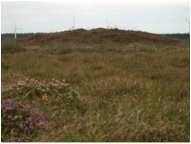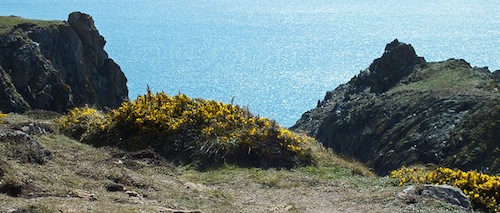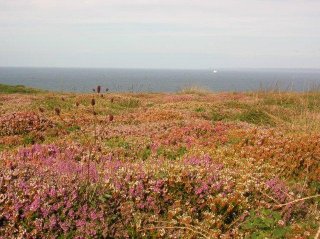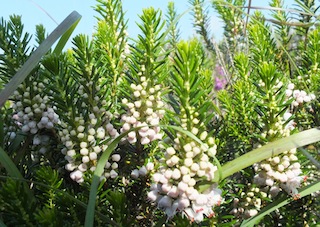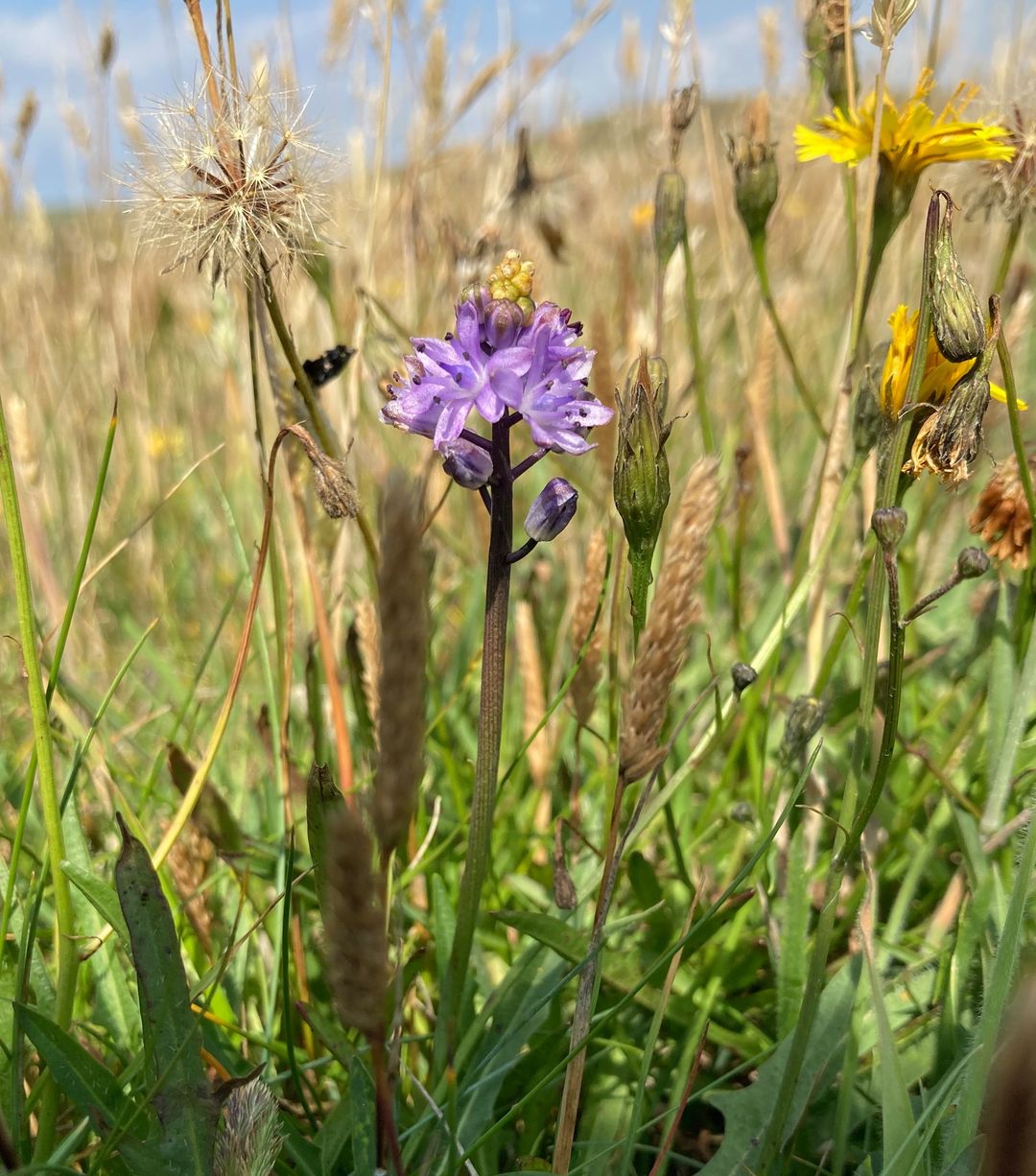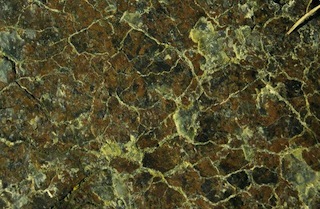Category: Natural Lizard
-
The Lizard – inspires literature
One of the great things about being a geographer is that it is an inherently interdisciplinary subject. Being a geographer is like having a passport and living in […]
-
The landscape history and archaeology of The Lizard’s downs and moors
In this article, Peter Dudley, of Cornwall Council’s Historic Environment Service (Projects), introduces us to the rich history and archaeology of The Lizard’s moors and downlands, from the Late Neolithic […]
-
Natural Lizard
There are several words that crop up over and over again in any description of the natural beauty of the Lizard: contrasting, unique, complex, rare, special, diverse…. Browse through these […]
-
Habitats of The Lizard
This article is an extract from Classic British Wildlife Sites –The Lizard Peninsula by Andrew Byfield in British Wildlife, 3 (2), pp. 92–105 (1991). Travelling from north to south across the […]
-
Wonderfully rich botanically
This article is an extract from Classic British Wildlife Sites –The Lizard Peninsula by Andrew Byfield in British Wildlife, 3 (2), pp. 92–105 (1991). So Why is The Lizard so wonderfully […]
-
The Lizard land use
Location The most southerly point of England, The Lizard is sparsely populated, with just over 3% of the area being defined as urban: settlements are mainly being concentrated along the […]
-
A short history of botanical discovery on The Lizard
This article is an extract from Classic British Wildlife Sites – The Lizard Peninsula by Andrew Byfield in British Wildlife, 3 (2), pp. 92–105 (1991). When the eminent Cambridge botanist, John Ray, […]
-
Lizard Geology
The rocks of the Lizard Peninsula form one of the most interesting suite of rocks in Britain. A Pre-Cambrian age (older than 600 million years) has been assigned to them, […]

